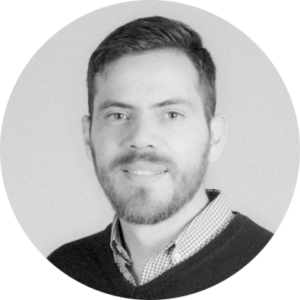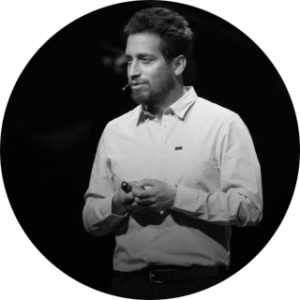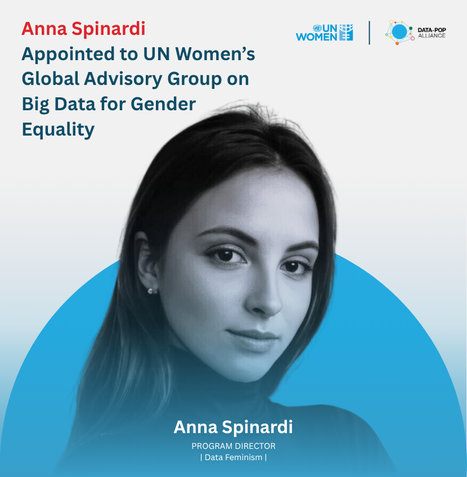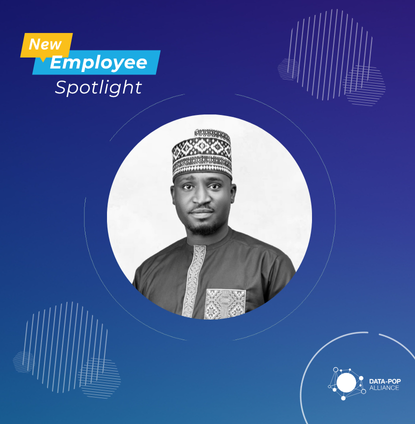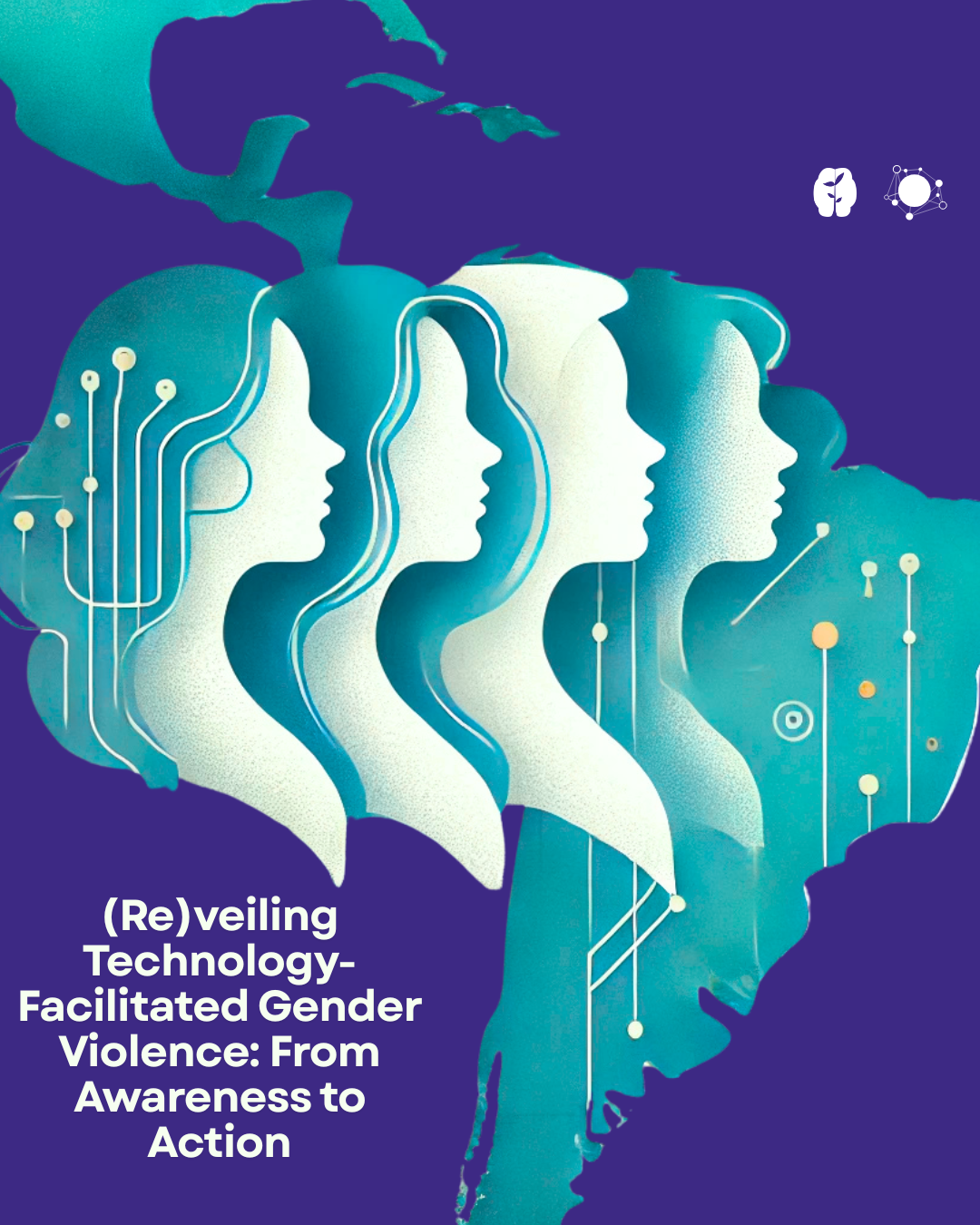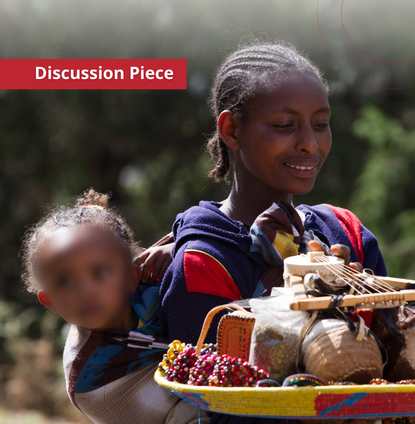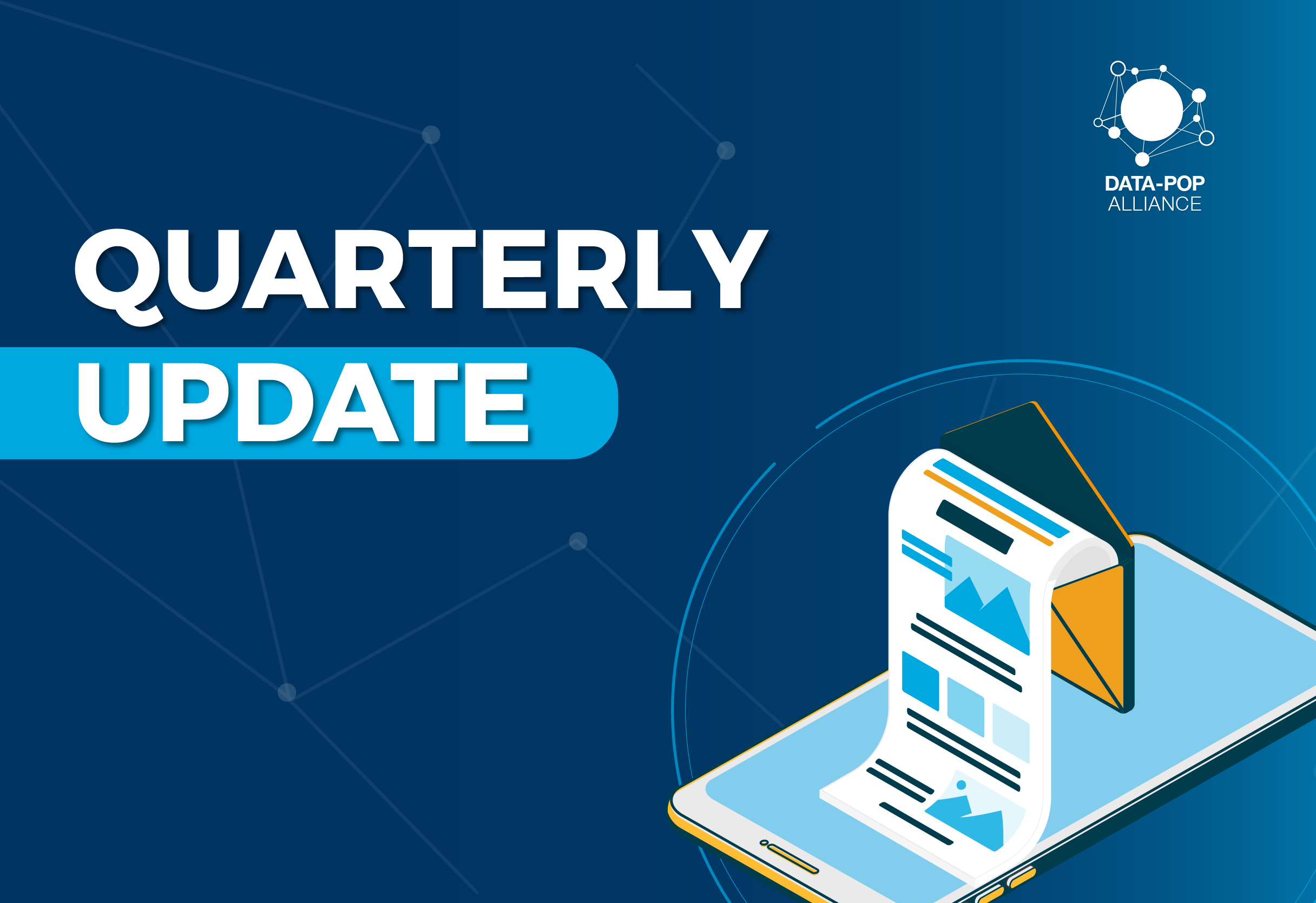DATA LITERACY SERIES (Text in Spanish / English)
En esta nueva “Serie de Alfabetismo de Datos” entrevistamos a participantes que han tomado nuestros cursos en línea. La serie empezará con el participantes del taller 1 Big Data y Desarrollo Sostenible: Diego Suarez. Lee sobre la experiencia de Diego en este taller, cómo le pareció asistir a un taller virtual, y cómo planea aplicar lo aprendido en su area de trabajo en el Laboratorio de Aceleración del PNUD en Bolivia. Al final de la transcripción podrás igualmente encontrar el video de la entrevista (nos disculpamos por los inconvenientes de sonido presentes en el video).
MC: Muchísimas gracias por aceptar esta invitación, esta entrevista. Quisiera comenzar preguntando ¿cuál es tu nombre? Que nos cuentes un poco de tu formación y el tipo de trabajo que realizas.
DS: Muchísimas gracias a ti por el contacto. Bueno, mi nombre es Diego Suárez soy Arquitecto de una universidad en Bolivia, con una maestría en diseño paramétrico y diseño digital de arquitectura en España. He estado cinco años trabajando y estudiando. Y hace un año y medio que estoy trabajando en el Programa de Las Naciones Unidas para el Desarrollo en el PNUB Bolivia. Trabajo como jefe de exploración de los laboratorios de aceleración del PNUB Bolivia.
MC: ¿Exactamente qué haces?
DS: Exactamente lo que hacemos es acelerar el impacto. Nosotros somos el laboratorio más grande que hay actualmente. Son 114 países, todos conectados. Aquí trabajamos en acelerar el impacto, acelerar los ODS para medir estos temas de impacto. Trabajamos en ciertos tópicos con territorios, municipios, gobiernos y ciudadanía.
MC: ¿Cómo te enteraste del curso y qué te motivó a aplicar a la beca?
DS: Te cuento que justamente estamos en un proyecto de Big Data, es un proyecto experimental que trabaja con Big Data urbano. Es una iniciativa que nació de la mano de una empresa que recoge la tema la basura, de los residuos sólidos donde hemos podido trabajar con ellos todo el tema de big data y Machine Learning para planificación urbana, realizando unas aplicaciones en camiones de basura y barrenderos donde ellos iban por la ciudad, y mapeamos dónde tenían baches, donde había semáforos, dónde había luminaria afectada para trabajar los temas de seguridad ciudadana, el tema de planificación para el arreglo de las vías. Y ahí fue donde me comencé a interesar por el tema del big data y el ML . Es muy interesante ya que los laboratorios están trabajando con big data y esa no es específicamente mi área pero estamos muy inmersos. Ahí fue donde comencé a buscar y me llegaron por medio de dos vías, llegó por parte de una persona del PNUB que está en Estambul y a quien le llegó la convocatoria y me la envió y otra fue, por parte de una persona de mi oficina que trabajaba en el gobierno municipal. Fue un poco gracias a ellos y a la motivación de seguir aprendiendo.
MC: ¿Te pareció útil el curso?
DS: Me pareció muy útil porque deja como introducción a querer saber más. Ha habido muy buenos ejemplos que me han gustado y que no han sido teóricos sino con ejecución; es como la investigación, pues como una investigación aplicada porque hemos visto resultados, hemos visto trabajos en México y de varios casos de estudio. Se ha trabajado relevancia en planos, como han hecho con los satélites e identificación de áreas vulnerables. Entonces hemos visto todo desde las normativas, desde la ley de datos, de todas esas áreas. Me ha parecido muy útil por el tema de integración. No, no es big data, veo número y hago lo que quiera, sino pulir los datos, cómo recojo los datos. Realmente todo el concepto he tomado bastante. Y he estado viendo, averiguando, cómo puedo trabajar este tema de los datos, que me pareció interesante lo de las imágenes satelitales. Estamos igualmente con nuestro trabajo que involucra el big data así que me ha servido mucho.
"Me pareció muy útil porque deja como introducción a querer saber más. Ha habido muy buenos ejemplos que me han gustado y que no han sido teóricos sino con ejecución; es como la investigación, pues como una investigación aplicada porque hemos visto resultados, hemos visto trabajos en México y de varios casos de estudio."
Diego Suarez- Developer
MC: ¿Y qué fue lo que más te gustó del curso?
DS: La verdad de lo que más me ha gustado son los módulos de práctica, de ver como han hecho y han trabajado en ejecución, cómo te decía esto de los planos que han hecho a base de big data, todo el tema de las imágenes satelitales, identificación de zonas vulnerables, como han tomado decisiones con base en esto me ha parecido fenomenal. Me gustó todo, pero también una parte que yo no sabía mucho de la realidad de los datos, de la acción y cómo los gobiernos, el sector público puede trabajar el tema de datos, cuidado de datos, recolección de datos; también cómo se puede volver peligroso en ciertas situaciones. Todo el curso me ha gustado bastante.
MC: ¿Te gustó realizar el curso en modalidad virtual?
DS: Sí, ha sido súper. Yo soy docente y hemos realizado cursos virtuales pero en esta plataforma me ha encantado, la verdad. Súper didáctica, te informaba cómo ibas con el contenido y veías el avance. Me ha gustado bastante.
MC: ¿Cómo crees que aplicarás lo aprendido en el futuro?
DS: Mira, ya justo estamos trabajando, estamos cursando esta plataforma de big data con la basura, estamos comenzando a trabajar con las subalcaldías para tomar datos en formularios digitales y estamos trabajando ahora con la incorporación de temas de vías por GPS, haciendo todos los módulos. Entonces, también estamos tratando de ir a ese lado, utilizando big data y ya está establecido como proyecto en el PNUD Bolivia, no solo la parte de laboratorio, sino toda la oficina. Estamos trabajando en eso, al igual que con la Ley de protección de datos desde el área de exploración del laboratorio. Estamos comenzando a asesorar al Senado para comenzar a hablar de estos temas. Estamos trabajando con la UNICEF, que es un proyecto que estoy liderando para comenzar a tratar el tema de niñez y el tema de datos, ver cómo se construye una política pública sobre la información dada. Hay áreas tanto de ejecución de proyectos de las que yo veo bastante la oportunidad de trabajar con datos urbanos, pero también queremos ir a la parte más de abajo, estructural.
MC: ¿Recomendarías el curso a otras personas? ¿a quiénes en particular crees que les interesaría tomarlo?
DS: Si lo recomendaría. Me he dado cuenta que yo trabajaría mucho con los municipios. A ellos les recomendaría 100×100 de hacer este curso. Y trabajaría con municipios intermedios. Me ha pasado que estoy trabajando con principios altos en el País: Santa Cruz, La Paz, que están bastante bien estructurados. Nos falta un poco trabajar con los municipios intermedios, que no son muy conocidos. Yo intentaría trabajar con municipios del departamento para construir conocimiento y también con las personas legislativas, las que toman decisiones y requieren datos para ellos. El problema con ellos es que muchas veces esos datos que poseen no se entienden. Este es un punto que identificamos con otras personas de Bolivia que trabajan en varios sectores, que hay una necesidad de armar a estos senadores, legislativos, de herramientas para leer la información. Yo por dos lados, por un lado los municipios y por el otro los legislativos, ya que este curso te da la introducción al big data para el desarrollo y adicionalmente te lleva a reflexionar que no son datos por datos. Para el caso del Estado lleva a preguntarse sobre la seguridad en los datos y en el caso de los municipios saber cómo y dónde recolectar los datos para políticas públicas. A estas entidades creo que sería bueno dirigir este taller.
MC: Eso es todo, muchísimas gracias Diego.
Para ver el video de la entrevista haz click aquí:
English Version
In this new “SDG Data Lab” series we will interview different participants who have taken one of our online courses or workshops. The series will start with an interview with Workshop 1 Big Data and Sustainable Development participant, Diego Suarez. Read about Diego’s experience in this workshop, his opinion on taking an online workshop, and how he plans to implement what he learned in his work at the UNDP Accelerator Lab in Bolivia.”
MC: Thank you very much for agreeing to this interview. I would like to start by asking your name, a little bit about your background, and the type of work you do.
DS: Thank you very much for contacting me. My name is Diego Suarez. I am an architect, graduated from a university in Bolivia, and have a master’s degree in parametric design and digital design of architecture in Spain. I have been working and studying for five years. And for a year and a half I’ve been working at the United Nations Development Program (UNDP) in Bolivia. I work as the head of experimentation in the acceleration laboratories.
MC: Exactly what do you do in the acceleration laboratories?
DS: Basically, we accelerate impact, and we are the largest of this type of laboratory today. There are 114 countries, all connected, working on accelerating impact and progress towards the SDGs and measuring the impact of these issues. We work on certain topics with territories, municipalities, governments, and citizens.
MC: How did you hear about the course and what motivated you to apply for the scholarship?
DS: We are working on a Big Data project, which is an experimental project that works with urban Big Data. It is an initiative that was started by a company that collects garbage and solid waste, and we have been able to work with them on issues related to Big Data and Machine Learning for urban planning. These issues include making apps for garbage trucks and street sweepers to use as they navigate the city. We mapped where potholes were, where there were traffic lights, where more streets lights were needed for public safety and planning for the repair of roads. This is when I became interested in Big Data and Machine Learning.
It is very interesting because the laboratories are working with Big Data and although that is not specifically my area, we are very immersed. That’s how I started researching and I learned about the course in two ways, one was from a person from UNDP who is in Istanbul and sent it to me and another was from a person in my office who worked in the municipal government. It was thanks to them and also because I have the motivation to keep learning.
MC: Did you find the course useful?
DS: I found it very useful, and it left us wanting to know more. The course included very good examples that were not just theoretical, but from the real-world; it is like applied research because we have seen results, such as work in Mexico and several case studies. We have looked into the relevance of maps, as well as satellite images and identification of vulnerable areas. We have seen everything from the regulations to the laws on data in all of these areas. I found it very useful because of the integration issue. No, it is not only Big Data in which I see numbers and do what I want, but rather I need to polish the data and learn how to collect the data. So, I have been researching how I can work on this topic, especially satellite images, which I found interesting. We are also using this in my work (which involves Big Data) so it has been very useful to me.
"I found it very useful, and it left us wanting to know more. The course included very good examples that were not just theoretical, but from the real-world; it is like applied research because we have seen results, such as work in Mexico and several case studies."
Diego Suarez- Developer
MC: What did you like most about the course?
DS: I really liked the practical modules, to see what has been done and worked on in the real-world, and the plans that have been made based on Big Data. The whole issue of satellite images, identification of vulnerable areas, how they have used these to make decisions is something I really enjoyed. Also, I did not know much about the reality of the data, of the action and how governments and the public sector can work on the issue of data, data care, and data collection; and importantly, how it can become dangerous in certain situations. Overall, I really enjoyed the course.
MC: Did you like taking the course virtually?
DS: Yes, yes, yes, it was great. I am a teacher and we have done virtual courses, but I really loved this platform. It was very educational, and allowed us to see how we were doing with the content and our progress. I liked it a lot.
MC: How do you think you will apply what you have learned from the course in the future?
DS: We are already working. We are studying this Big Data platform with the garbage project, we are starting to work with the sub-mayor’s offices to collect data in digital forms and we are now working to incorporate GPS tracking, making all the modules necessary for it. So, we are also trying to do more of that, using Big Data in already established projects at UNDP Bolivia, not only the laboratory, but the whole office. We are working on that, as well as with the Data Protection Law in the laboratory exploration area. We are beginning to advise the Senate to start talking about these issues. We are working with UNICEF (on a project that I am leading) to begin addressing the issue of children and data, and see how to build public policy using the information we collect. There are areas I see quite a lot of opportunity to work with urban data, but we also want to go to the more downstream, structural part as well.
MC: Would you recommend the course to other people, who in particular do you think would be interested in taking it?
DS: Yes I would recommend it. I have realized that I would work a lot with municipalities. I would recommend 100% to them to take this course. And I would work with intermediate municipalities. I have noticed that the large municipalities of the country, such as Santa Cruz or La Paz, are well equipped, but the rest of the intermediate municipalities are not. We still need to work with the intermediate municipalities, which are not very well known. I would try to work with municipalities in the department to build knowledge and also with policymakers, those who make decisions and therefore require high-quality data. The problem is that many times that is not understood. This is a point that we identified with other people from Bolivia who work in various sectors, that there is a need to equip the senators and legislators with tools to understand the information data has to offer. I am on two sides, on the one hand the municipalities and on the other the legislators, as this course gives you the introduction to Big Data for development and additionally leads you to reflect that it is not data for data’s sake. In the case of the State, it leads you to wonder about data security, and in the case of municipalities to know how and where to collect data for policy making. There are entities which I feel would benefit greatly from this workshop.
MC: That’s all, thank you very much Diego.

